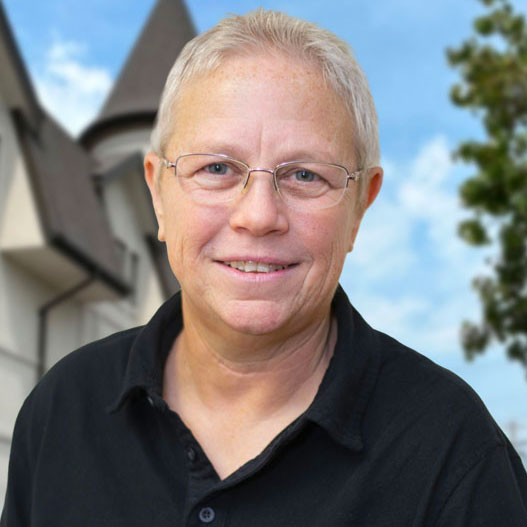Acupuncture works on every aspect of the human body – physical, mental and emotional. According to acupuncture and Chinese Medicine, there is no difference in these aspects of the human. That is why, when you read about acupuncture, you will find an extensive list of things acupuncture can treat. Acupuncture can treat anxiety and high blood pressure, depression and insomnia, low back pain and stress.
Acupuncture is a complete form of medicine. It is not limited to pain or one body part only. When one part of your body or Qi is off it affects other parts of you. For instance, when you start to feel run down from working too much and not eating right, you are harming your Qi. You may start to have insomnia, headaches, or feel a cold coming on. These are the patterns and progressions we acupuncturists look for. Should you come to see us for low back pain, we might ask if you are sleeping alright, or if you urinate often during the day or night. This sets up a pattern differentiation for us so that we know what is going on for you and how best to treat you. Everyone is different and unique in their symptoms, but generally we can put your symptoms into a pattern that is recognizable.
An integral diagnostic tool for us is taking your pulse. Taking a pulse in Chinese Medicine is different from taking a pulse in Western Medicine. Western Medicine takes only the heart pulse. We feel your pulse in three locations and at three levels. Each one of the locations and levels correlates to one of the meridians. To give you an example, the liver meridian pulse is on the left side in the middle. If I feel that it is extra strong or wiry, like a guitar string, I might ask if you are having any extra stress. If your third position on both wrists is low or deficient, I might ask if you are having low back pain.
I will also examine your tongue. The tongue is a map of your Qi and internal organs. Just as your pulse tells me about your Qi, so does your tongue. The tip of your tongue correlates with the heart meridian, and the center correlates with the stomach and spleen meridians. I look at the color of the tongue itself and the coat or lack of coat. I look for teeth marks or scallops on the outside and any other cracks or lines.
In addition to your pulse and tongue, I look at your skin color and tone. Do you have dark circles under your eyes? What is your facial expression? Your voice is also telling. A booming, meek, or in between voice helps me make a diagnosis.
The diagnosis itself may be different from what you are used to. If you come in with low back pain, a western diagnosis might be that you have muscle spasms. While this is true, and we work with that, as an acupuncturist I want to know what is causing the muscle to spasm. Is it kidney yin deficiency or kidney yang deficiency? Is it damp heat in the lower jiao? All of these can cause a low back to hurt. In Chinese Medicine we treat them all somewhat differently.
Then there is the treatment itself. Acupuncturists use needles. These needles are nowhere near the size of an injection needle, or even a sewing needle. These single use needles are the thickness of a hair. They come packaged in a sterile container and are used on one patient in one place on their body then thrown away.
An acupuncturist will know exactly where to put these needles to stimulate the Qi. Each acupuncture point has its own unique set of actions and indications and a Licensed Acupuncture will know what it can do and when to use it. Each point has to be treated or needled in a certain way. Your diagnosis will determine which meridians we will needle and how. For example, if you come in with low back pain and I have determined that it is from kidney yin xu (deficiency), I will needle directly where it hurts in your low back. I will also needle some kidney points in your low back and possibly your ankles. There is also a point between your thumb and first finger that treats pain through your whole body so I will treat that point too.
As you can see, there are many places on your body that can treat many ailments that don’t seem related or close. By treating the whole body this way I can get longer lasting results. If I treated only the muscle spasm, you would no doubt get better, but the underlying reason for the muscle spasm might only be half treated so it can come back. By looking deeper into the problem, we can not only stop the muscle spasm, but also try and prevent its recurrence.
This holds true for any other diagnosis. Were you to come to me with insomnia, I want to know what is causing your insomnia. Is it kidney yin deficiency, or is it a blood deficiency? If you come in with anxiety, do you have liver Qi stagnation or heart Qi deficiency or a combination? Most people come in with a combination of patterns and we acupuncturists put all the pieces together to find the best treatment for you. The lucky thing is, if you do come in with more than one ailment or pattern we can usually work on them at the same time.
Copyright Laurie Mecham M.S.O.M., L.Ac.

Laurie Mecham is a licensed acupuncturist and the founder of Traditional Acupuncture Health Clinic in Ballwin, MO. She is licensed in Missouri and has been practicing traditional Chinese medicine since 2001.